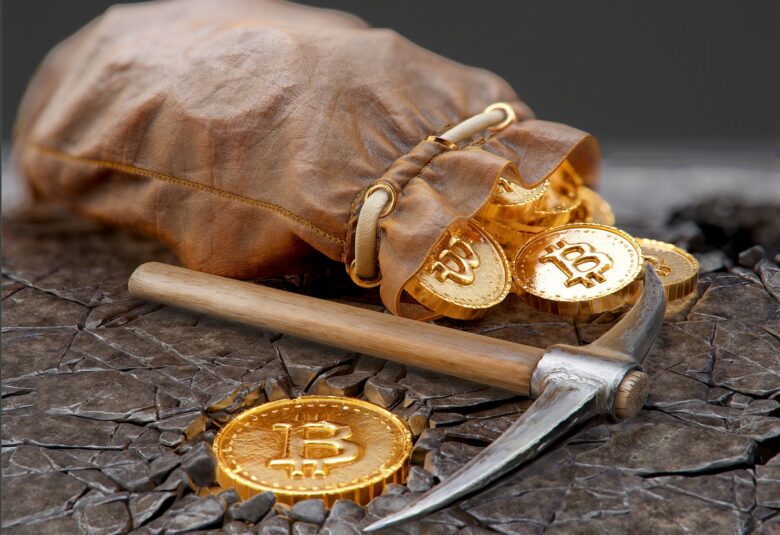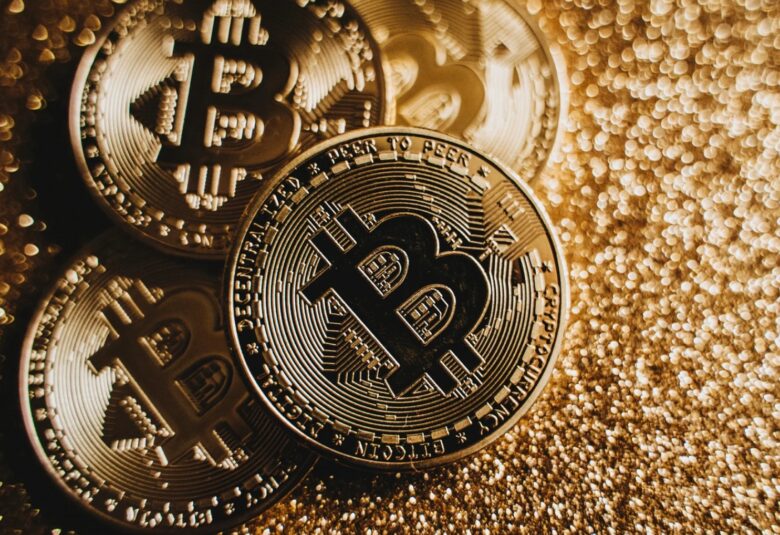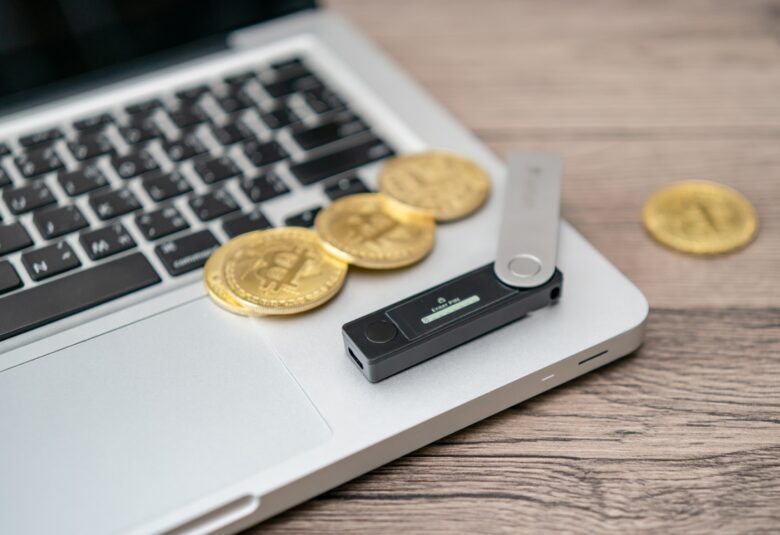Gold has been a traditional store of value and symbol of wealth since time immemorial, with civilizations around the globe attributing great value to the glittering metal. Its permanence, relative scarcity, and beauty have made it an enduring cornerstone of economies, retaining its place as a safe haven during periods of financial turbulence. But today, in a world that is becoming increasingly digital, the spotlight is slowly shifting to a different kind of asset: Bitcoin.
As an entirely digital, decentralized form of currency, Bitcoin presents a bold new prospect for our increasingly interconnected world. It’s the first and most notable of the cryptocurrencies, a radical innovation that sprung from the vision of an unknown person or group of people known as Satoshi Nakamoto in 2009.
A platform like bitcode-prime.cloud has all you need to become a part of the modern “gold rush” that is BTC. Today, the most popular digital currency represents a unique convergence of technology and economics, promising to transform how we transact, save, and view the very concept of money.

Source: canva.com
Contents
The Appeal of Gold as a Store of Value
Gold’s enduring appeal lies in its scarcity and immutability. It can’t be produced or destroyed at will, making it a reliable store of value. Over the centuries, empires and nations have stockpiled gold to back their currencies and secure their economies. Even today, many investors turn to gold in times of economic uncertainty, viewing it as a safe haven from market volatility.
This age-old precious metal also has an inherent value beyond its monetary use. Gold finds applications in various industries such as jewelry, electronics, and dentistry, further solidifying its demand and maintaining its worth. The human fascination with gold, combined with its practical uses and scarcity, has allowed it to stand the test of time.
Limitations of Gold
The most glaring limitation of gold is its physicality. It’s cumbersome and costly to store, transport, and verify. It needs to be kept in secure vaults, often far from the owner’s location, leading to dependence on third-party custodians. This dependence introduces the risk of fraud and theft. Moreover, the process of authenticating gold’s purity is not straightforward, making it prone to counterfeiting.
While the shiny metal may be universally recognized, its divisibility and liquidity pose challenges. It’s difficult to break gold down into smaller units without decreasing its value or losing some of it in the process. In terms of liquidity, converting it into cash can be time-consuming and may involve significant transaction costs.

Source: canva.com
A Digital Revolution
Enter Bitcoin, the leading light of the digital revolution in finance. Unlike gold, Bitcoin isn’t a physical asset but a digital one, stored not in vaults but on computer networks across the world. Bitcoin’s decentralized nature, its transparency, and its defined scarcity make it a unique proposition as a store of value and medium of exchange.
Bitcoin was designed to mimic some of the best features of gold, like its scarcity. The total supply of BTC is capped at 21 million, and new coins are introduced to the network at a decreasing rate through a process called mining. This virtual mining process and the hard cap on supply give Bitcoin a built-in resistance to inflation, much like gold.
The Advantages Over Gold
The first significant advantage over gold is its decentralized nature. Unlike gold, which often requires reliance on central banks or other financial institutions for storage and transactions, Bitcoin operates on a peer-to-peer network. This decentralization means that no single entity has control over the Bitcoin network, creating an environment of trust and security.
This digital nature makes it highly divisible, which is a significant improvement over gold. A single Bitcoin can be divided into one hundred million parts, known as satoshis. This divisibility makes it possible for people to own and transact in small fractions of a Bitcoin, enhancing its utility and liquidity.

Source: canva.com
Decentralization and Freedom from Physical Constraints
Bitcoin’s decentralized structure frees it from many of the physical constraints that limit gold. With Bitcoin, there’s no need for physical storage or transportation. Bitcoin lives on the blockchain, an immutable, decentralized ledger spread across computers worldwide. This means that ownership and transfer of Bitcoin can be executed without the need for physical delivery.
Its decentralization empowers individual ownership. Unlike shiny metal, you don’t need to trust a third party to verify that you own Bitcoin. Your balance is secured by cryptographic keys, which only you possess. This direct control represents a break from the dependence on banks and other custodians.
Accessibility and Portability
Bitcoin’s digital nature makes it highly accessible and portable. Anyone with a smartphone and internet connection can participate in the Bitcoin network, making it accessible even to those in remote or underserved areas. This inclusivity is a stark contrast to the exclusive world of gold investment, which is often out of reach for the average person.
Because BTC is digital, it’s also easily portable. You can carry billions of dollars worth of the coin on a small hardware wallet or even remember a seed phrase in your mind, which is an incredible advancement over the transportation of equivalent gold.

Source: canva.com
Security and Immutable Ledger
One of the most critical features of BTC is its security. The network is maintained by a vast number of computers (known as nodes) spread worldwide, making it highly resistant to attacks. Additionally, each transaction on the Bitcoin network is transparent and permanently recorded on the blockchain, creating an immutable ledger of all transactions.
This transparency ensures that Bitcoin can’t be counterfeited or double-spent. Every transaction is verifiable by anyone on the network, instilling trust in the system. This feature is fundamentally different from gold, where verifying authenticity requires specialized knowledge and equipment.
Moreover, the security of ownership relies on cryptographic keys. As long as these keys are kept secure, it’s virtually impossible for someone else to access your Bitcoin. This personal responsibility for security is a paradigm shift from relying on banks or vaults to protect your gold.
Final Summation
In conclusion, Bitcoin has proven to be a revolutionary development in the financial industry. By freeing itself from all physical restrictions and allowing direct peer-to-peer transactions with no central authority, it can bring unprecedented levels of convenience and security for users seeking low cost remittances. Additionally, with its decentralized network composition, Bitcoin is proving to be a resilient system that is much harder for enemies to attack than other traditional systems. With these advantages in mind, we are confident that people worldwide will continue embracing Bitcoin as one of the key mediums for their future payments and investments.
